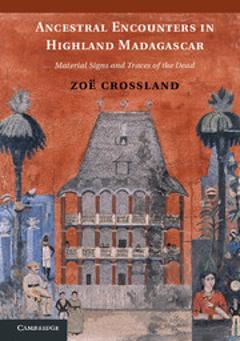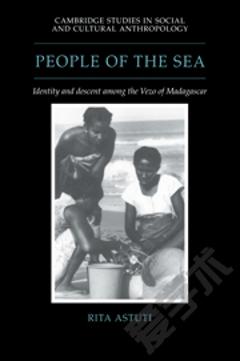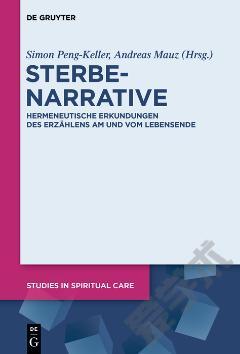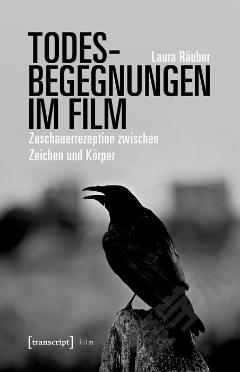Ancestral Encounters in Highland Madagascar: Material Signs and Traces of the Dead
Nineteenth-century highland Madagascar was a place inhabited by the dead as much as the living. Ghosts, ancestors and the possessed were important historical actors alongside local kings and queens, soldiers, traders and missionaries. This book considers the challenges that such actors pose for historical accounts of the past and for thinking about questions of presence and representation. How were the dead made present, and how were they recognized or not? In attending to these multifarious encounters of the nineteenth century, how might we reflect on the ways in which our own history-writing makes the dead present? To tackle these questions, Zoë Crossland tells an anthropological history of highland Madagascar from a perspective rooted in archaeology and Peircean semiotics, as well as in landscape study, oral history and textual sources.
{{comment.content}}








 京公网安备 11010802027623号
京公网安备 11010802027623号